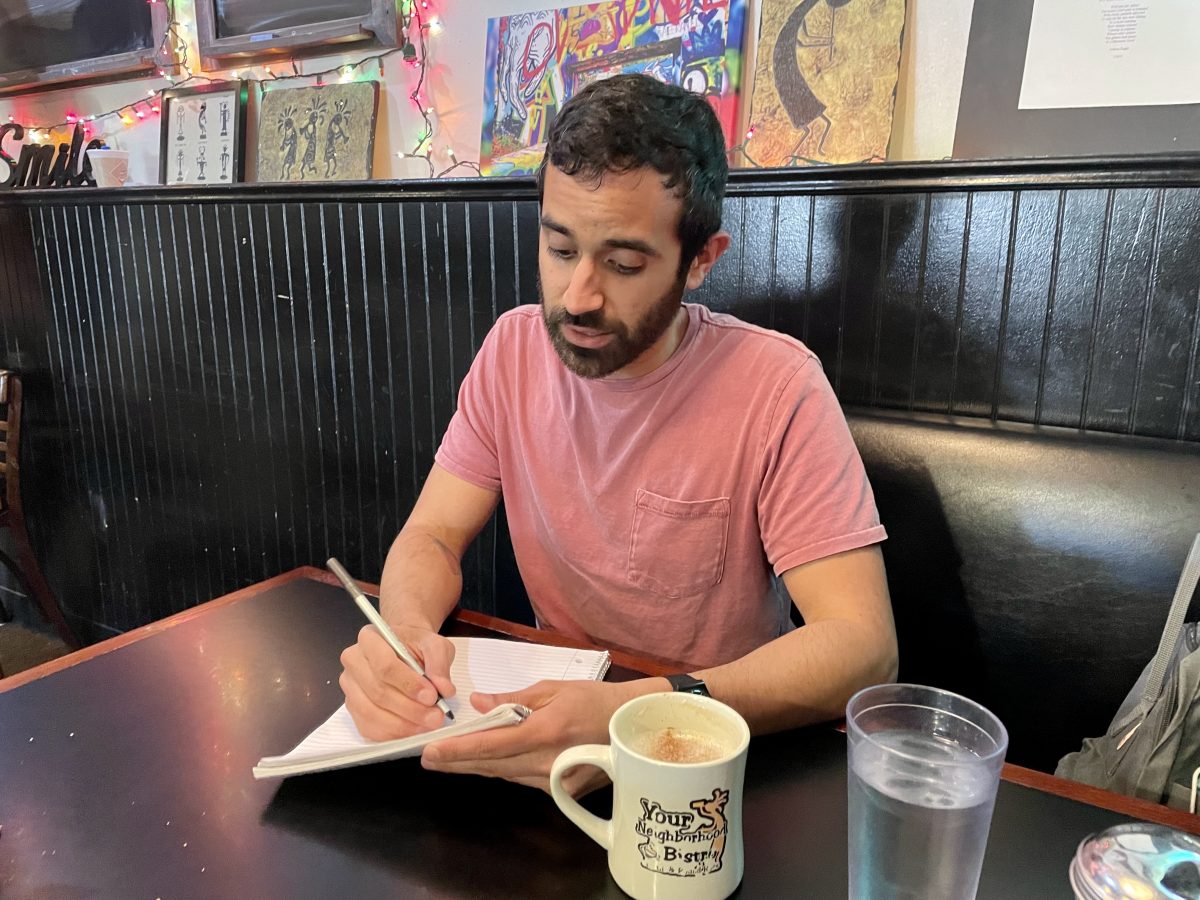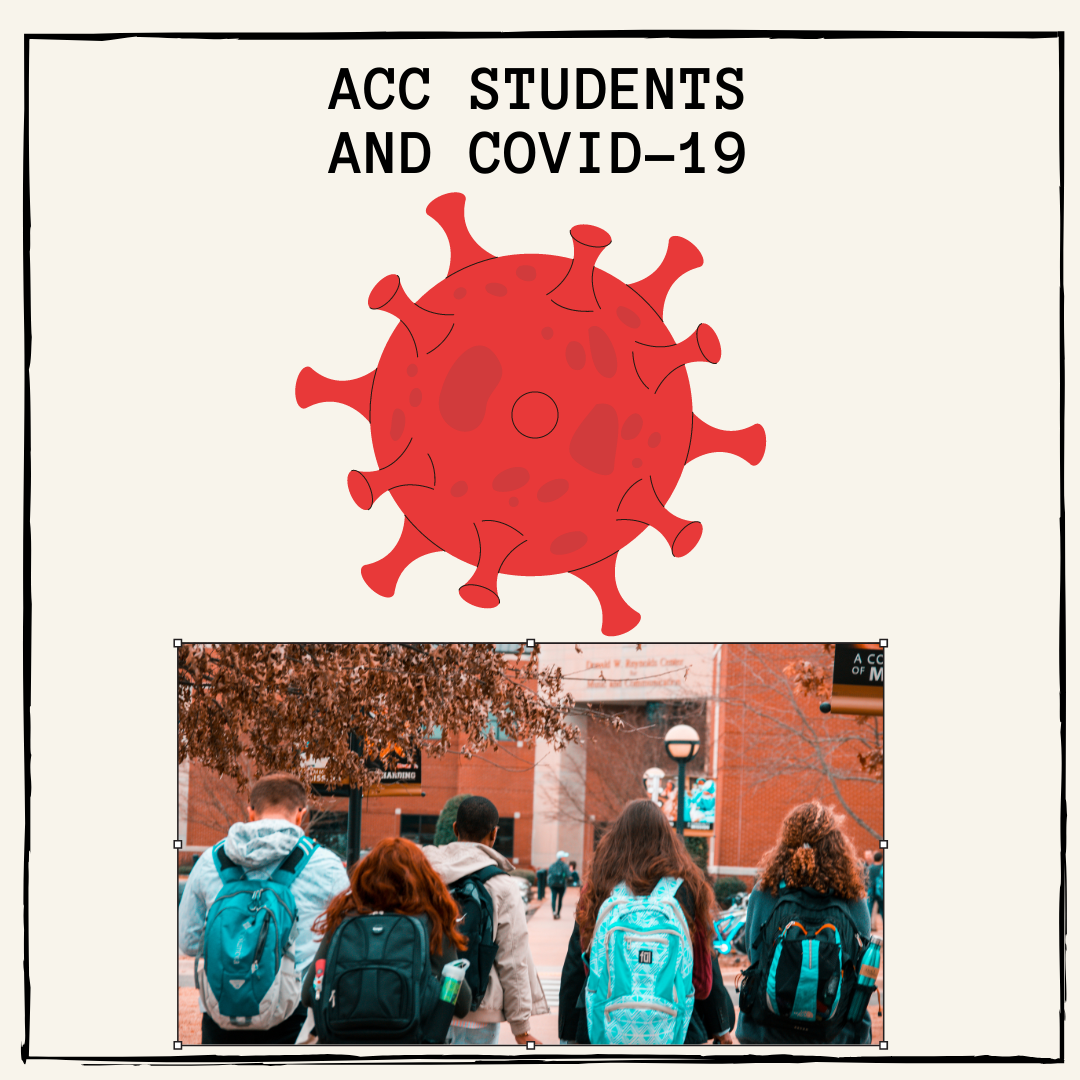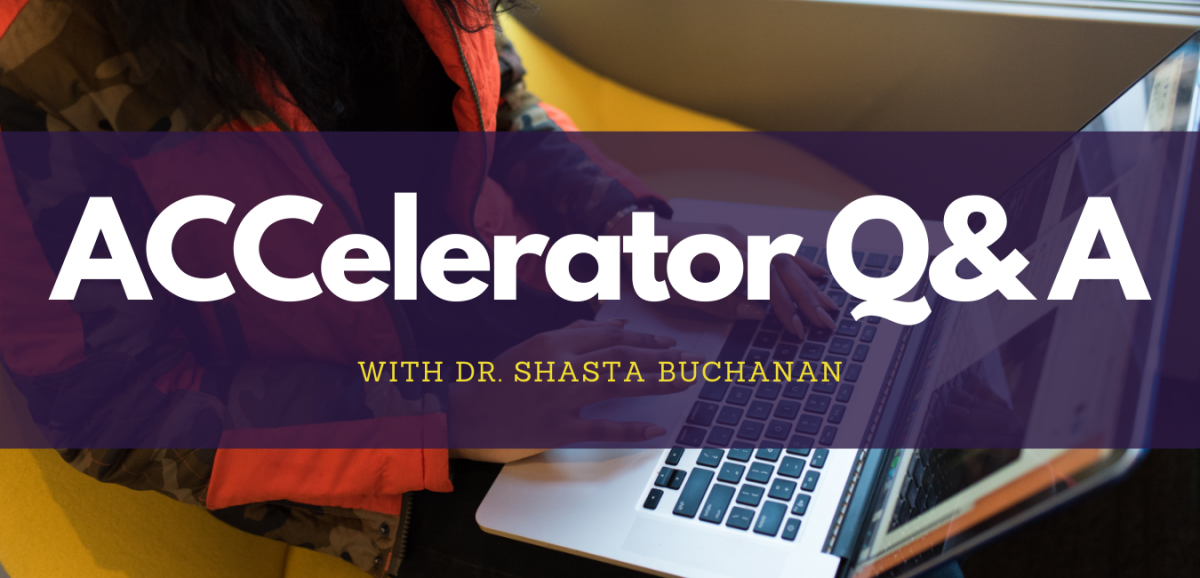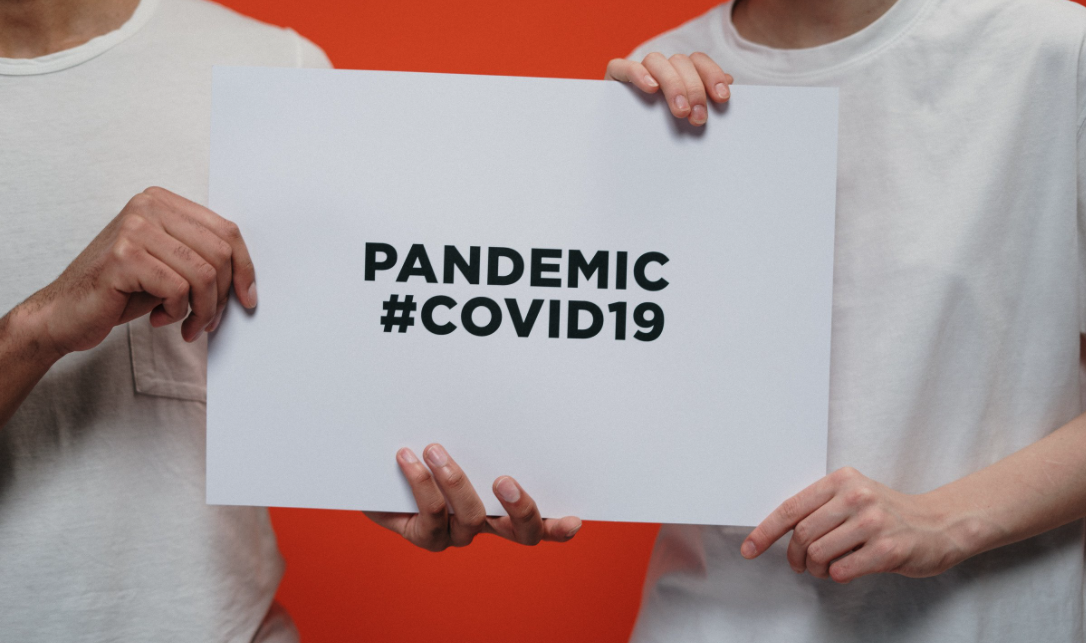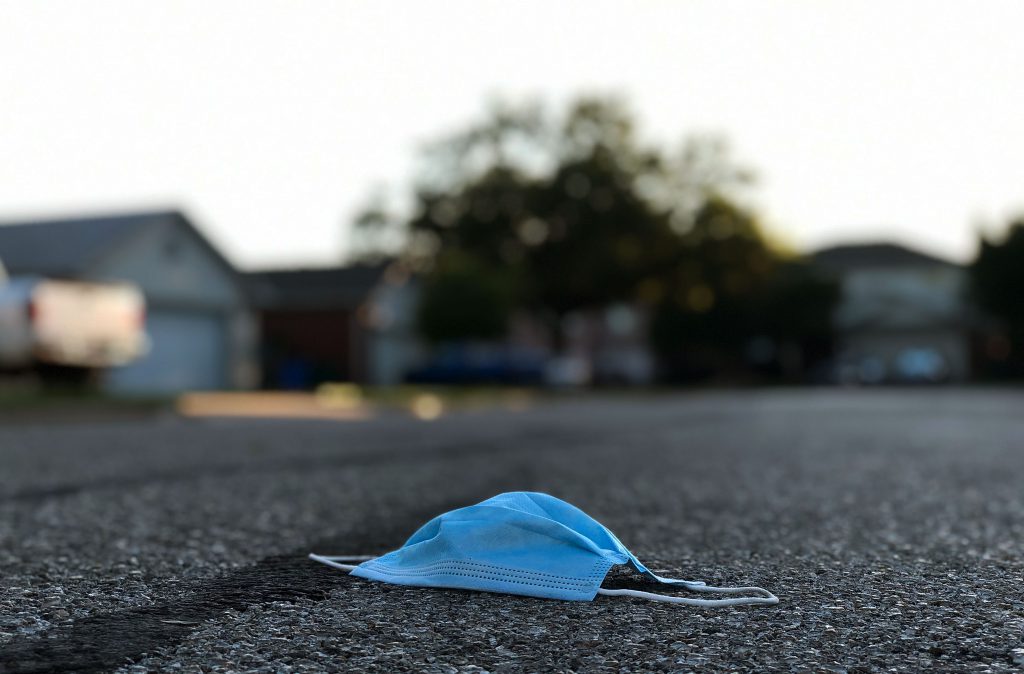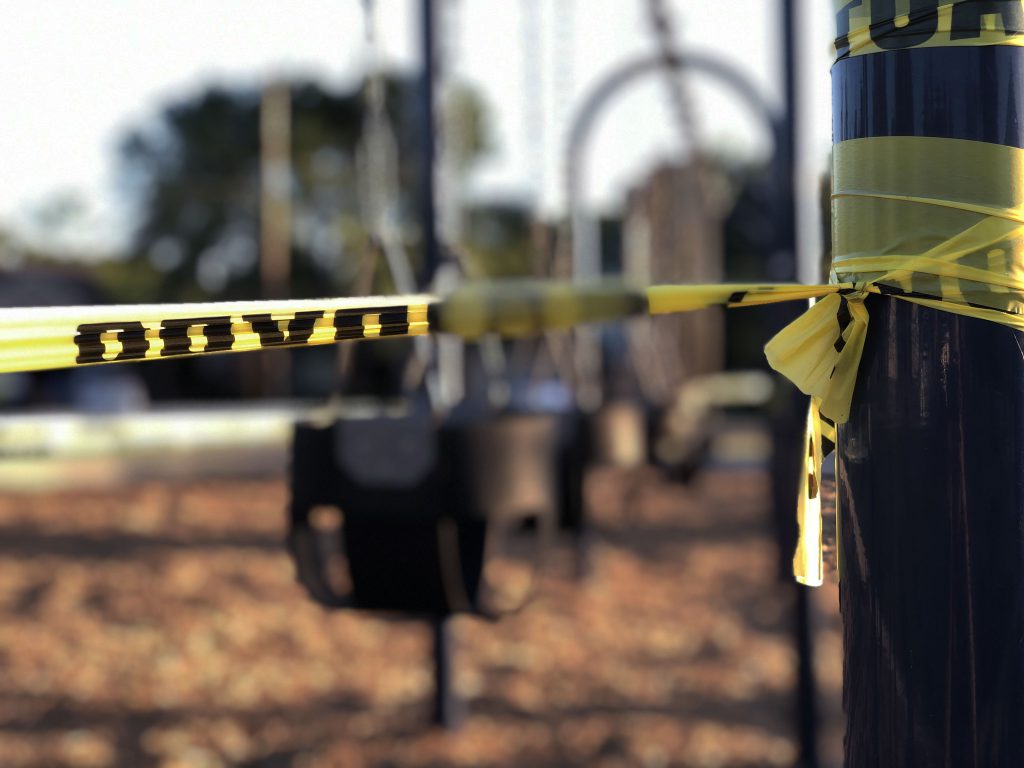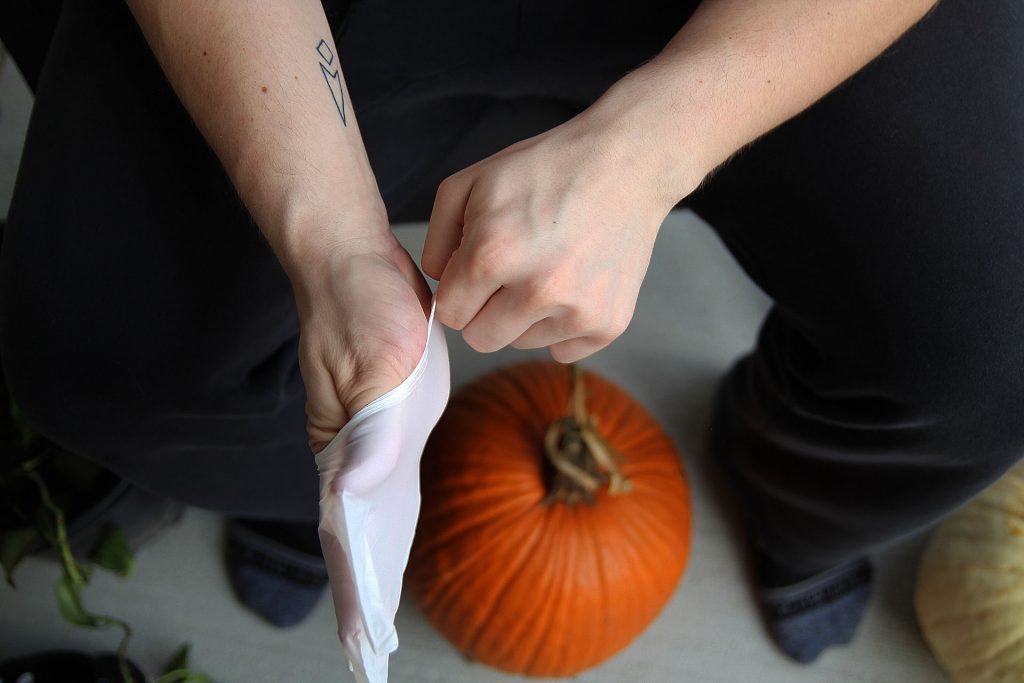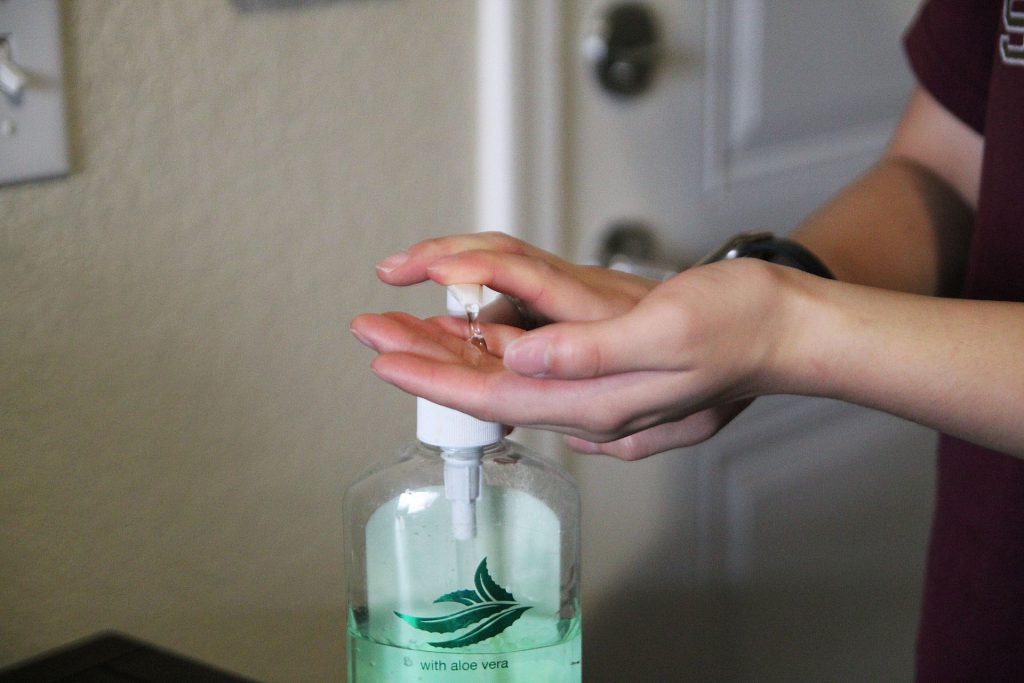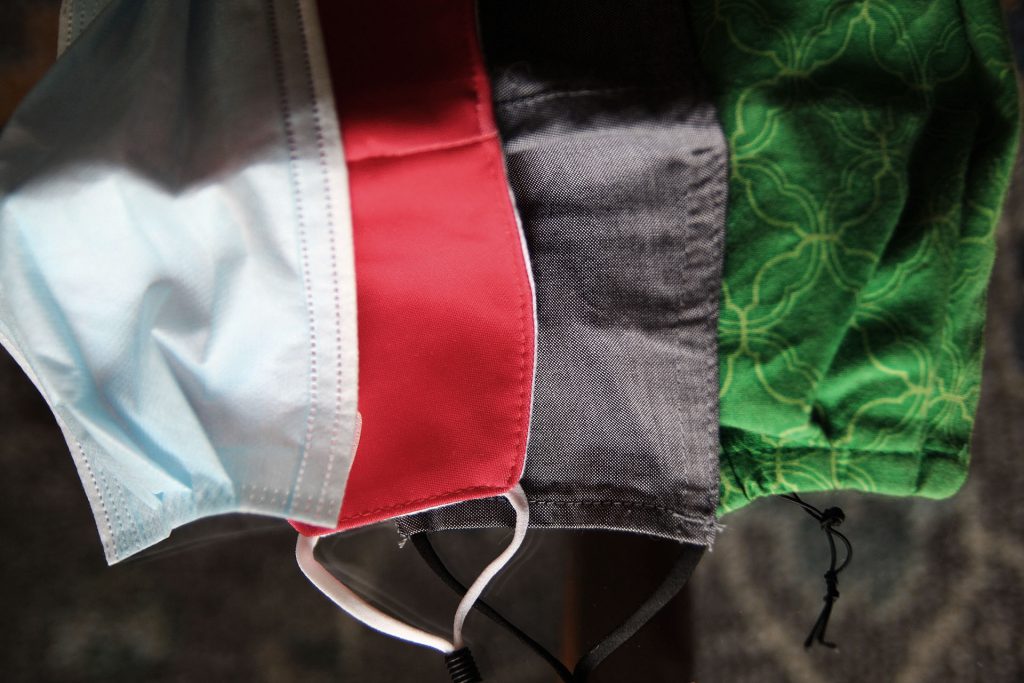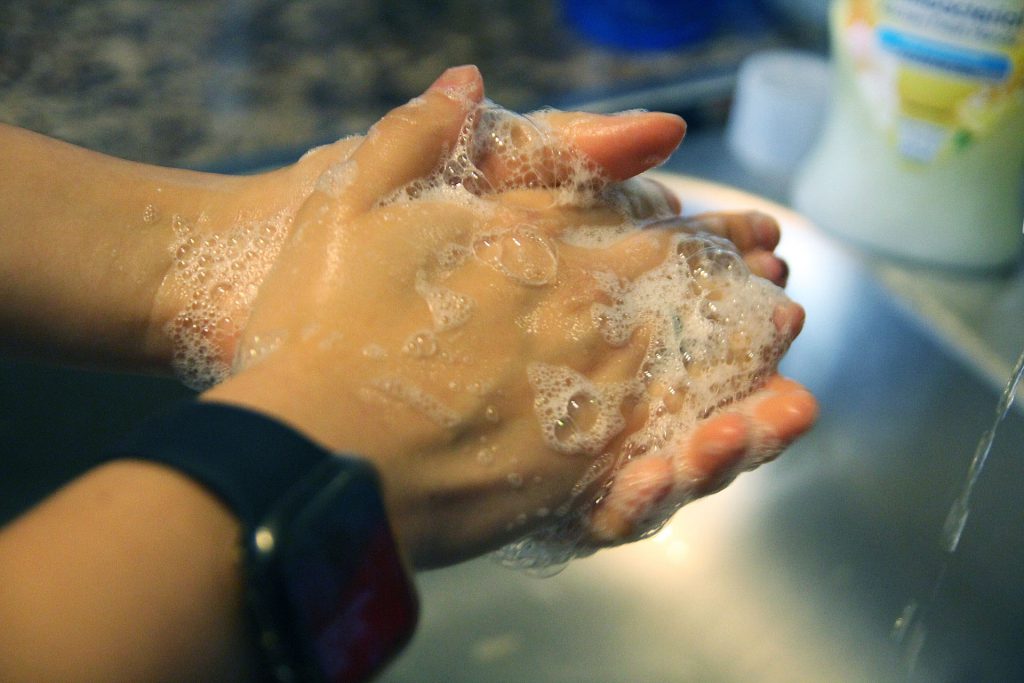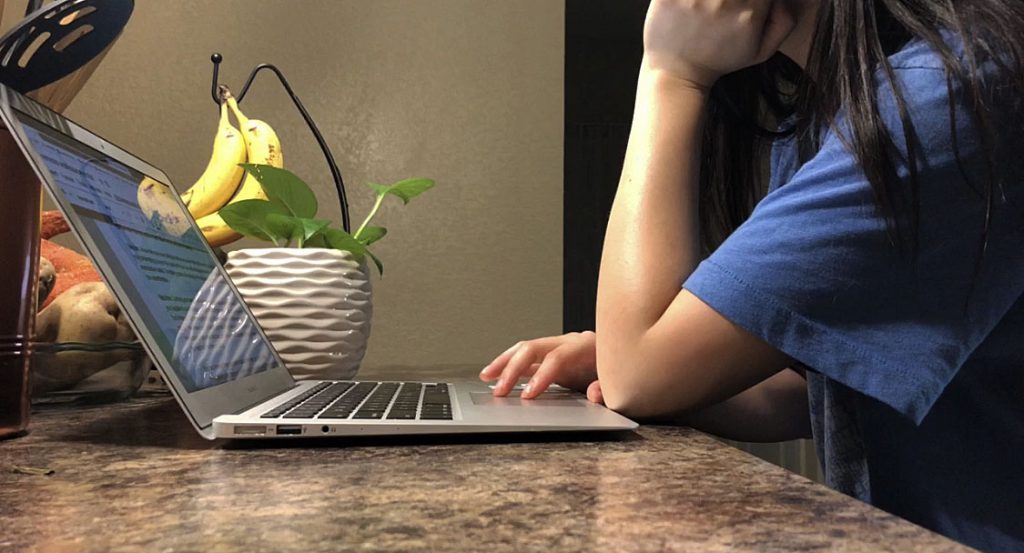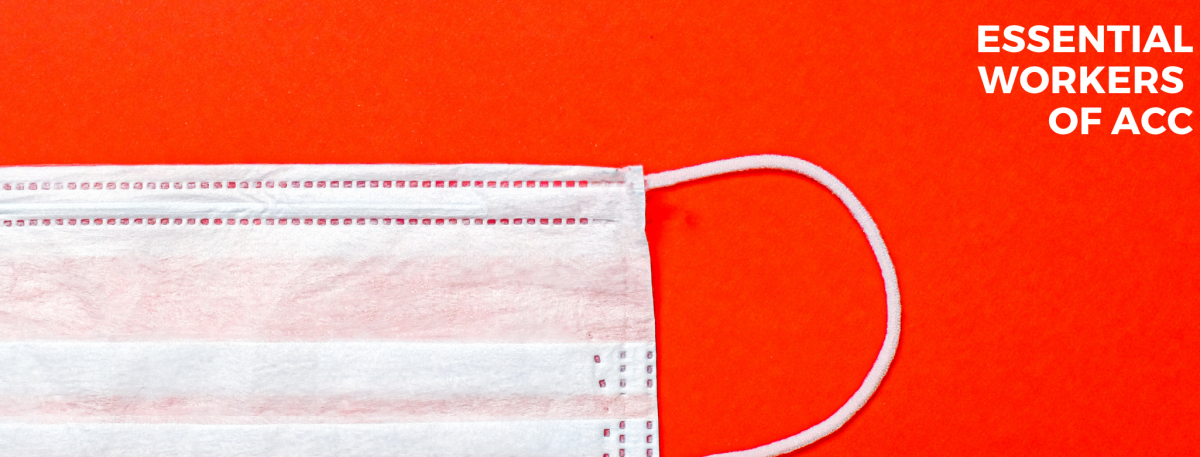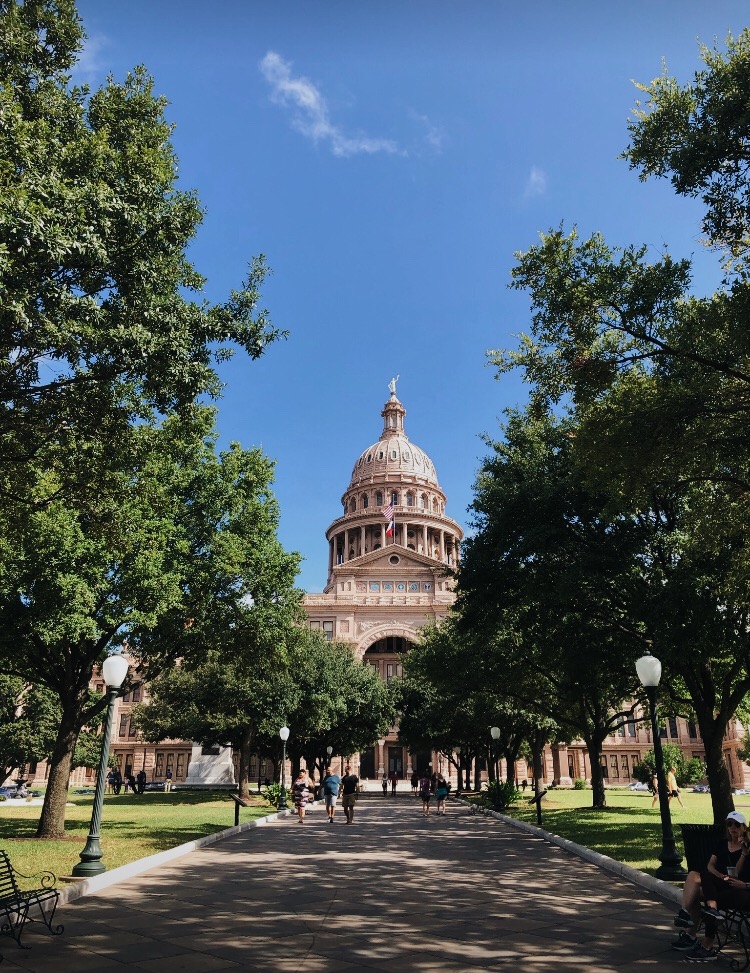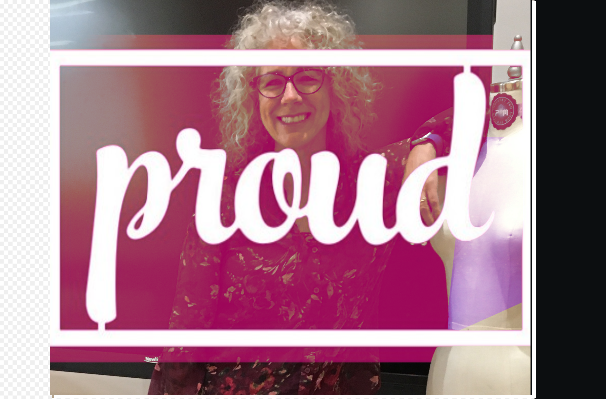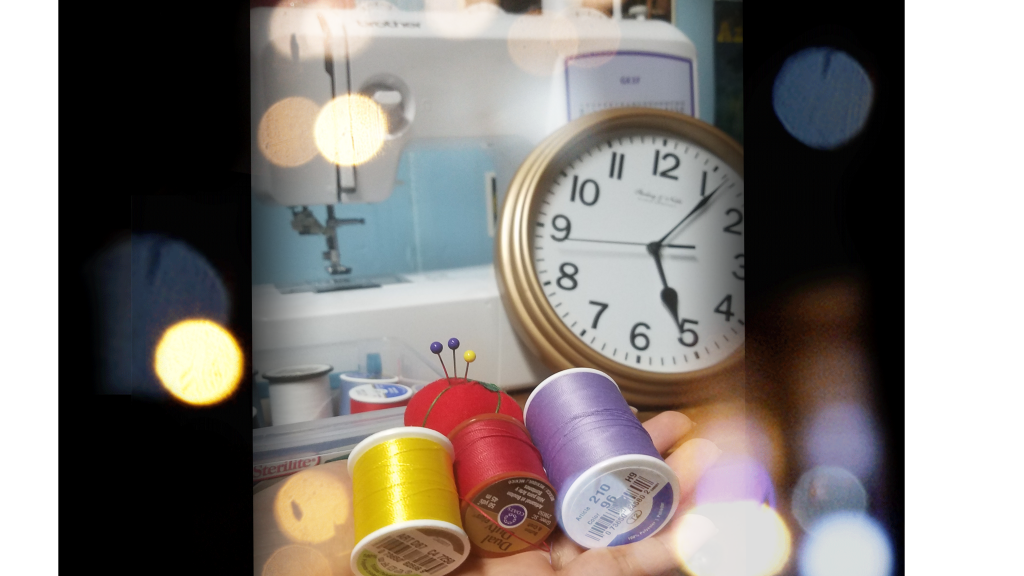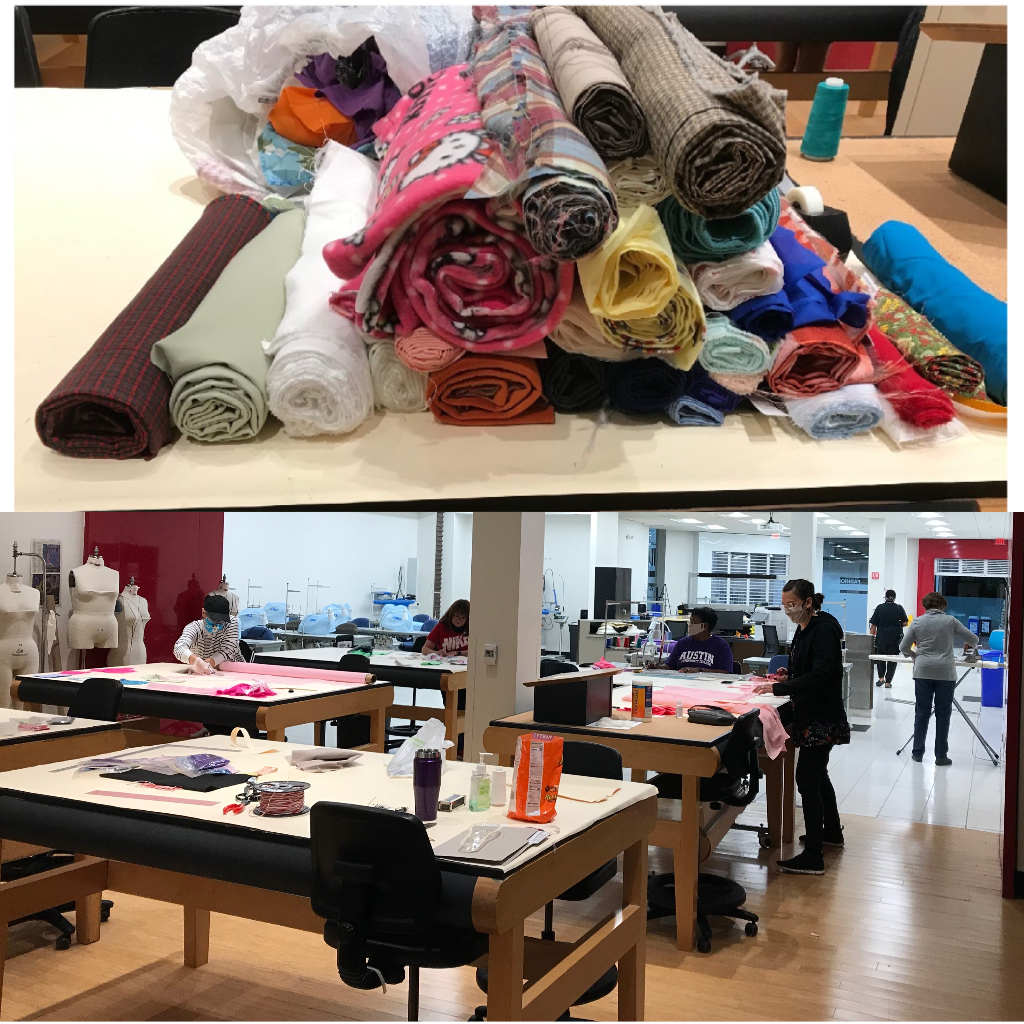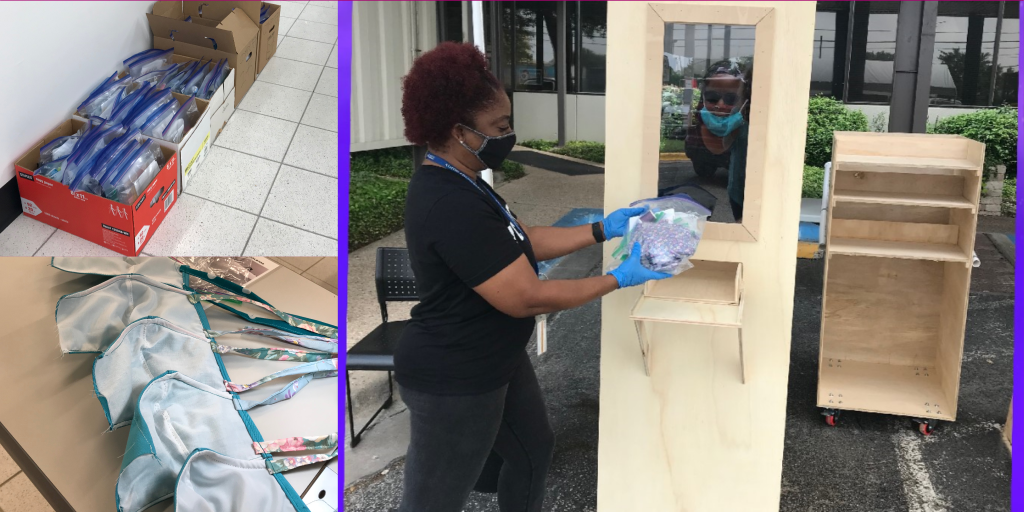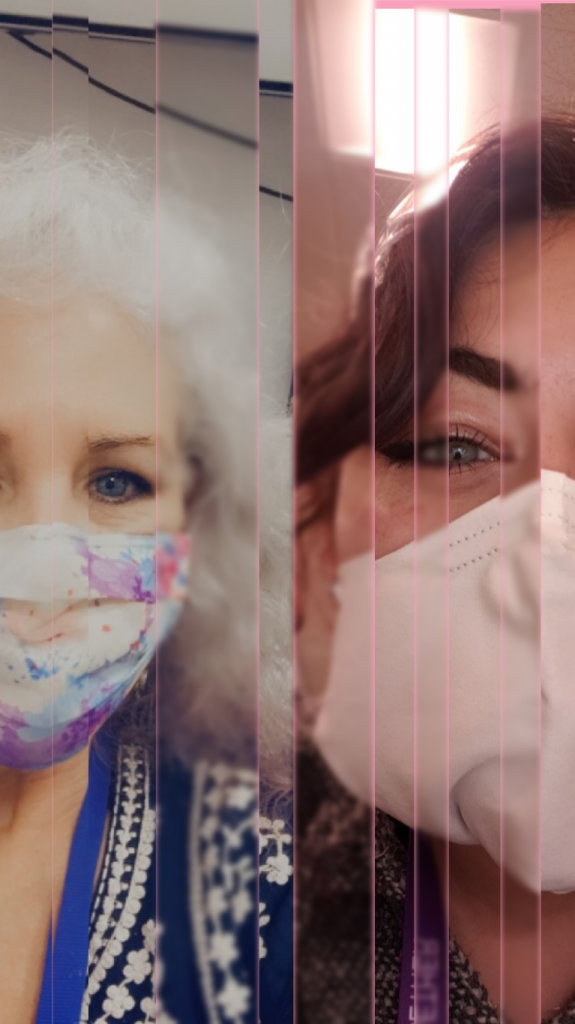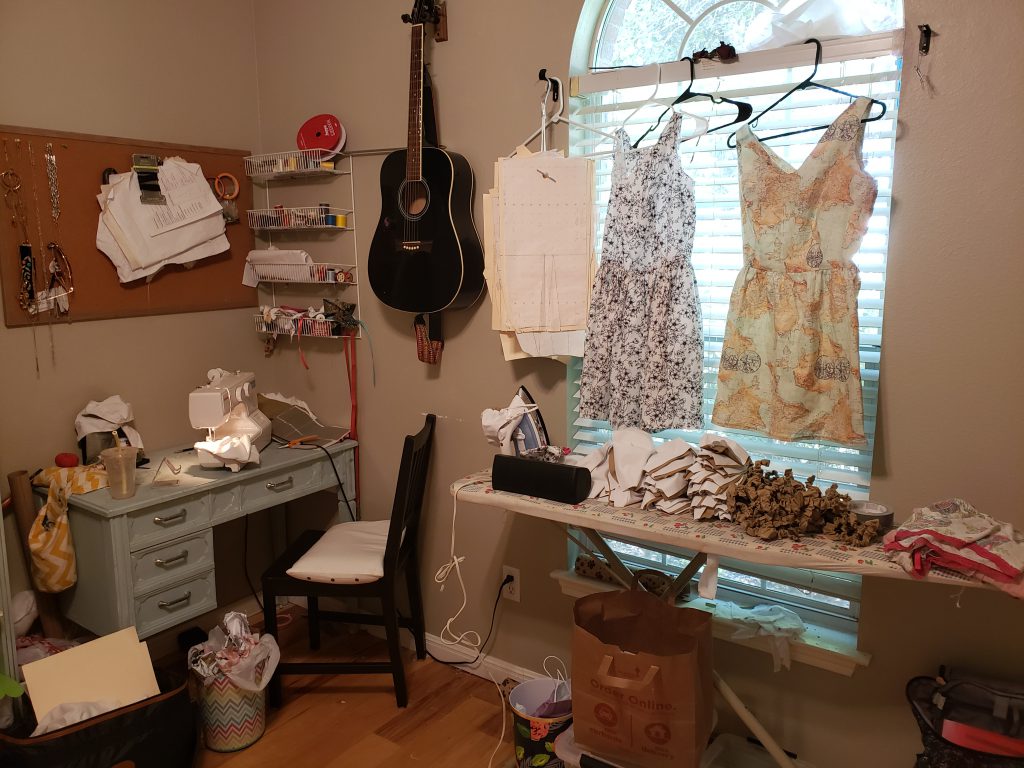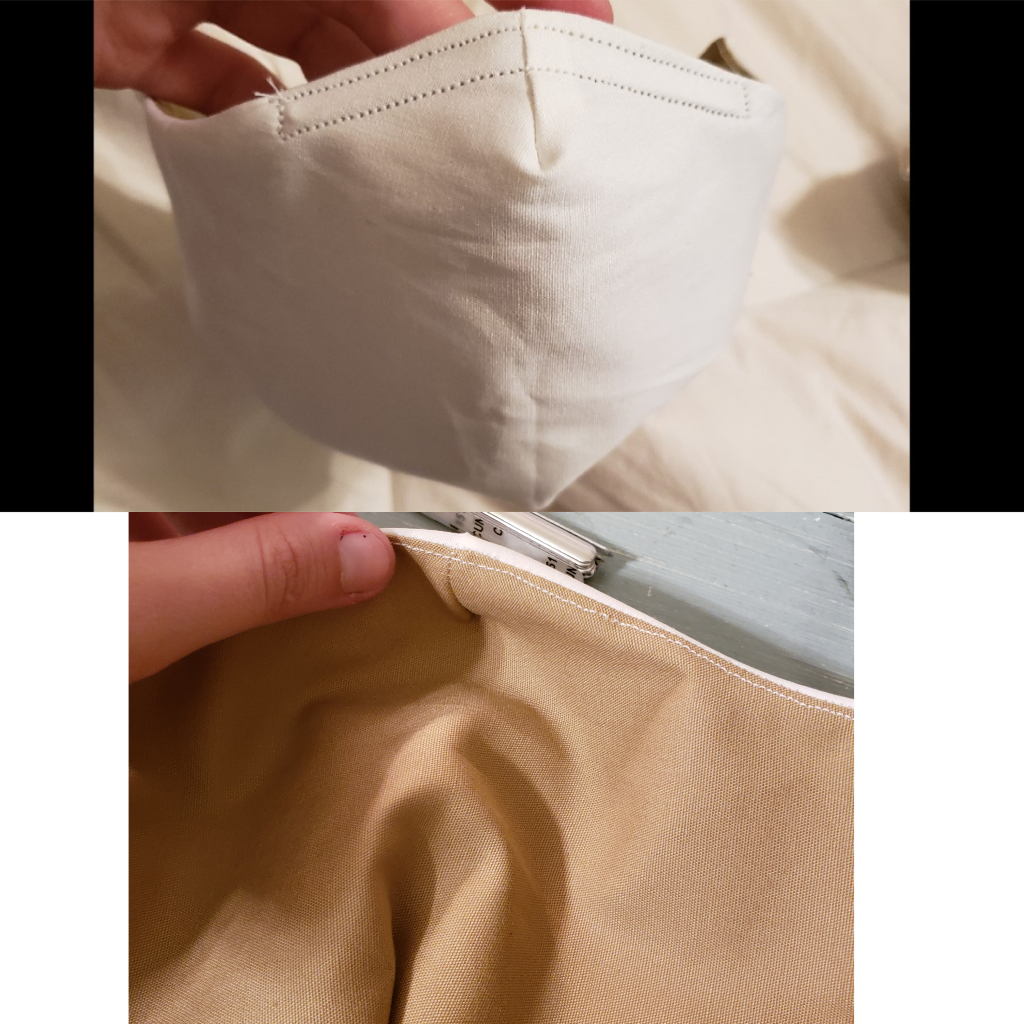By Angela Murillo Martinez
Essential workers have been the backbone of our country during the pandemic. They have put themselves on the front lines to continue to work in order to provide for themselves and others in their community.
Unlike some of us, many of them have had to continue to go to a physical location to work instead of working remotely. Not only are they having to continue to go to work, but many of them are also having to be around people each day essentially putting themselves at risk. It’s important that we recognize these modern-day heroes that are continuing to work so that we can continue on with our lives.
Whether it is being able to buy groceries at a store that is constantly being cleaned for us, or going to the doctor’s office for a checkup where they are protecting each patient, or even attending class in person or online. There are many people behind the scenes working to allow you to remain healthy and safe during this time.
Many of these essential workers are our own classmates and even the teachers who are having to learn how to continue to teach online or even in person. This also includes custodians cleaning our schools in order to avoid the spread of COVID-19. They allow us to continue to live our lives safely, go to class in a clean school, and even continue to learn despite the pandemic that has changed the way we all live.
A fellow riverbat student, Manuel Murillo, who works at FedEx underground has not stopped working since the beginning of the pandemic. In a warehouse where they come in contact with boxes from all over the world, they haven’t experienced one single case amongst their staff.
“We were told that once one case came up in our warehouse, we would close down, but so far, it hasn’t happened, and hopefully it doesn’t happen ever,” he said.
People who worked at companies such as these have seen an increase in packages that they are having to work with as many more people are spending time at home and ordering a lot more than usual. They have found themselves with an increased workload and are having to push through this in order to deliver packages in time.
For students like Murillo, more challenges arise as they continue to work in this environment. Murillo states that he finds himself having to take extra precautions as a result of his asthma. From constantly washing his hands and using hand sanitizer after touching packages, to wearing masks while working in a warehouse.
“Sometimes you just want to take it off, it’s so hot, and you’re having to carry all these packages, and so you’re all sweaty,” he continues, “but we can’t, it isn’t really an option,” said Murillo.
Many offices have remained closed and continue to work remotely, but that isn’t the case Arielle Alston, a legal assistant, and ACC alumni. Alston has had to return to the office during the summer, in a time where COVID-19 cases only continued to rise. Although in her office they only recently increased the in-office capacity to 50%, and in the beginning allowed them to work one week in the office, and the other two at home. She still had to learn how to stay safe in a small office since she had not only her health to worry about, but also her families who she would go home to.
Alston, along with her co-workers has had to follow the same guidelines as everyone else in order to remain healthy while at work.
“There are several precautions being taken in my office to protect everyone’s health. Everyone in the office is required to wear a mask if they leave their own office. If they are entering into another person’s office – they are required to wear their masks,” she said.
Each day, anyone going into Alston’s workplace has to get their temperature checked before going into the building, anyone who’s temperature is high isn’t allowed to go in.
Alston shares the challenges she has faced trying to learn a new job during these challenging times.
“At first it was difficult – being out of our usual environment required new procedures, and there was definitely a learning curve,” she said.
Now, Alston states that she has definitely become more familiar with working remotely and also working at the office every now and then. And now with more people in the office, she is having to remind herself, even more, to wear her mask when she is not in her office, and constantly wash her hands.
Students such as Joshua Solis, who works at Patient Care Technician (PCT) at Ascension Seton Hays in Kyle have also continued working since the start of pandemic. Solis states that he has found this stressful because they never know if someone around them has the virus and there still is little information about COVID-19 that we know of.
“Working during the pandemic has also been scary because you see your coworkers get the virus, then get nervous thinking that you might have it,” he said.
Solis’ workplace has adapted a universal masking policy that requires everyone to wear a mask if they are going to be within six feet of one another. But besides the masks, staff members are having to wear face shields to reduce the chances of spreading the virus and also have reduced the amount of time spent in the patient’s room for the same reason. Some precautions that he is following to protect himself and others are staying home as much as possible, checking his temperature daily, and wearing a mask wherever he goes.
“Because I am in the nursing program, we have to go to clinical’s, so I definitely do not want to get sick because I do not want to miss out on the learning experience,” he shared.
When Solis isn’t working or learning, he emphasizes the importance of taking care of his mental health by watching movies on Netflix and catch up on his sleep.
For faculty in ACC, it’s taken time to adjust to these new changes that even now continue to change as time goes on. John Lancaster, a full time faculty member and assistant DC for building construction, has had to learn how to adjust to teaching online classes.
“I’ve been an educator for 47 years in all the different levels. I must say that I have a lot of experience, but no experience in teaching an online class,” he said.
Having many students who are already in the workforce, he had to not only learn how to teach classes online, but also learn how to make online learning easy for his students who are used to having face to face classes. He found himself teaching students how to log into Blackboard to even teach them how to submit assignments. Many of his students who are in the workforce already, struggled with this switch since everything now relied heavily on writing and reading, a skill that may not be everyone’s strong suits.
Despite this, he continued to support his students as they adapted to these new changes that none of them had signed up for. Lancaster states that he has made it a point to reach out to his students before class to see how they were doing and even shared his phone number with them so that they could be in contact with him if they ever needed to talk.
Like many students all throughout the country, he found that his students had found themselves overwhelmed with everything going on and that many were struggling to adjust to online classes and were even struggling with depression. This only encouraged him more to reach out to and check in with them consistently.
Although he has tried his best to be flexible and adaptable, Lancaster said that he has found that many students have struggled with online classes. As much as he tries to reach out to many and provide support, many of them don’t reply and end up struggling in class and not performing well.
“Soon, maybe spring semester, that we can go to more hybrid classes and connect more students,” he said.
Lancaster shares how he has gone way to make sure his students are able to understand the content in the best way possible since they are having to learn content through online classes which have many limitations unlike face to face classes.
“We have to be aware of our audience at all times, we are teaching an audience that once again, didn’t bargain for this, so we have to be sensitive to their needs and make sure we are available to meet their needs,” he said.
He makes sure to provide them with necessary tools to make sure they understand the content and provide enough tools for them to study and review, and prepare for tests and quizzes.
Lancaster also shares that he has worked hard to check in not only on his students but other faculty members, and even is hoping to be able to celebrate upcoming graduates instead of just an online graduation that recognizes their hard work and accomplishments.
Mauri Winters, ACC’s HR Wellness Benefits Coordinator, talked to us about what is being done to protect the health of our faculty and staff during these times.
“It’s important that we focus on employee’s health in all aspects of their life,” she said.
Since the beginning of the pandemic, mental health has become a huge concern, as depression increase amongst people in our country. They’ve made sure that employees are taking time for themselves and their mental health. Employees are being offered different programs to help them during these weird and difficult times. For example, the employee’s assistance program, where full-time employees can get short term counseling for free. They have also offered free online exercise classes for all employees to work out from Monday to Saturday that is made to fit into their busy schedules.
It’s important that we continue to support and thank our essential workers in our community, especially those who work at ACC, or even students who attend classes with us. The saying, “not all heroes wear capes,” has never meant more than it does now. Essential workers throughout the country, and especially those in our ACC community, have worked hard and have even put themselves at risk to continue to work. We often forget to appreciate those around us who are working hard to allow us to go buy groceries, or get that new package delivered to us, or even go to class. But now, more than ever, it is important to thank essential workers for everything they have done and continue to do. It hasn’t been easy, but many of us have had the privilege of staying home for work and even school, while others have had to go to work despite the pandemic. It only takes a second to thank them, so next time you come across an essential worker, don’t forget to do so. These are difficult times and it takes a hero to be able to do what they do.


